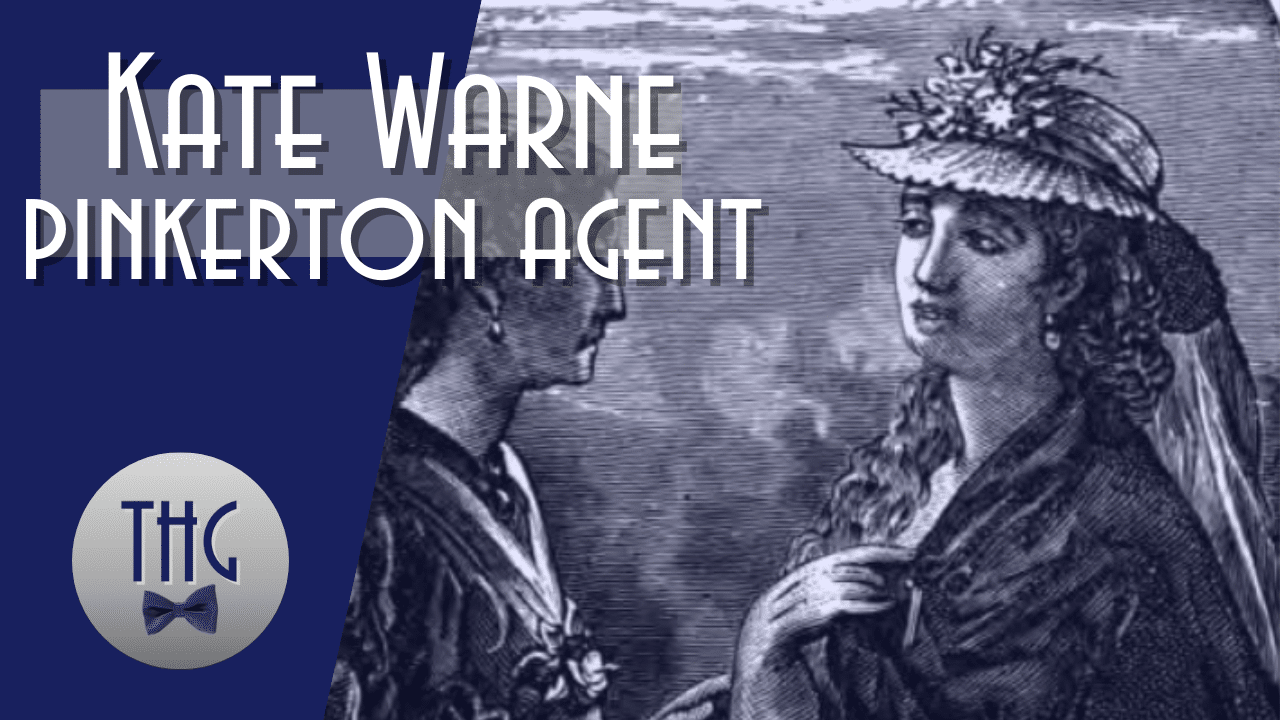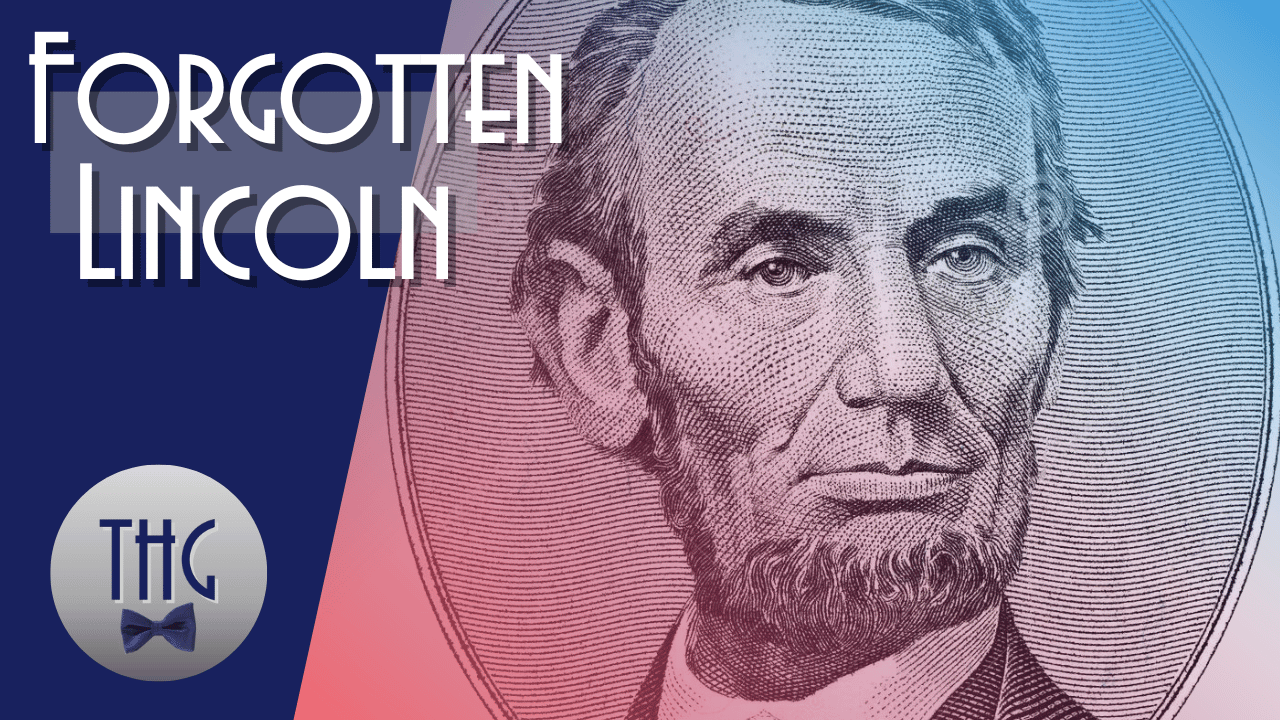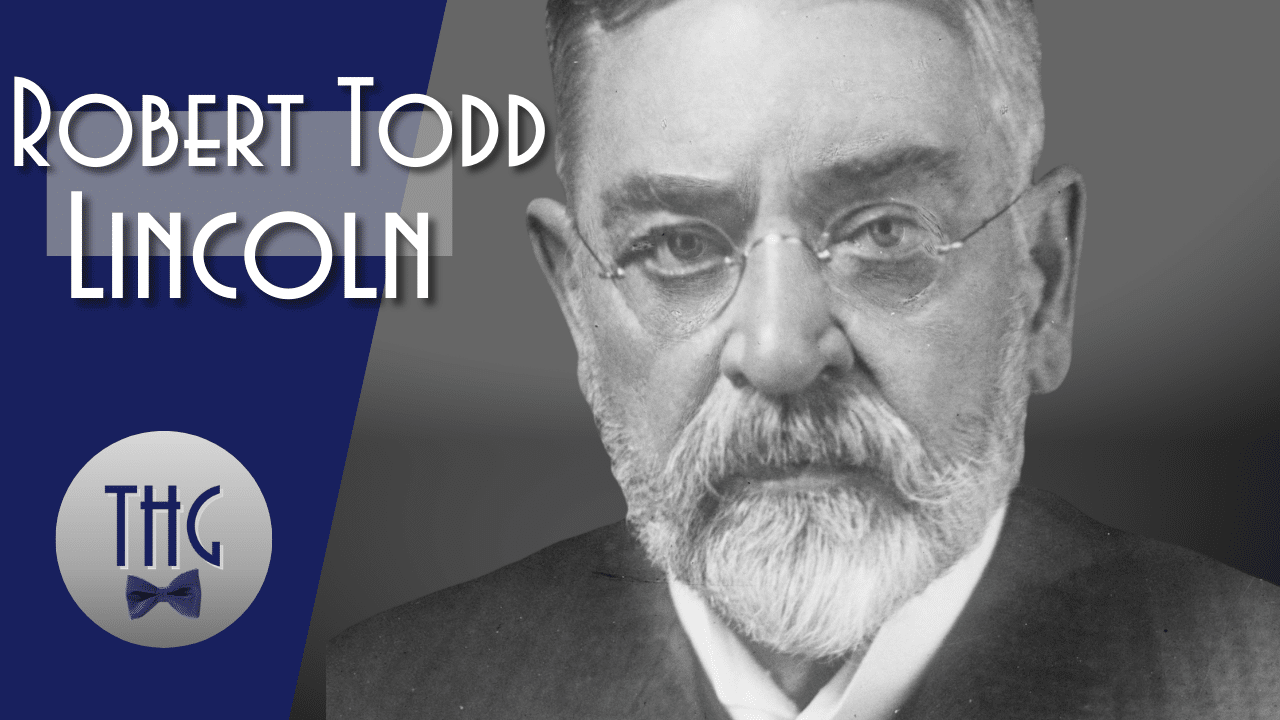Josh Reviews: A. Lincoln by Ronald C. White
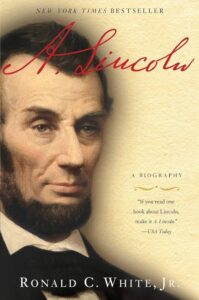
After trudging through a lot of presidents who had only a handful of biographies, Lincoln presented a very different issue: how to choose? The choices go into the dozens, and many of them have a lot to recommend them. There’s the ancient 10 Volume biography published in 1890, a truly prodigious undertaking that was written by two men who worked closely with Lincoln, John Hay and John Nicolay. There are many in multiple volumes. I ended up choosing this one because it fit my general criteria: one volume, well reviewed, scholarly, and covers Lincoln’s whole life, but it wasn’t the only one that could have fit.
Ronald C. White is a historian and minister, highly educated with degrees from UCLA, the Princeton Theological Seminary, and Princeton University. He has ministered and taught history for much of his life, and published numerous works, some focusing on religion and many focusing on Abraham Lincoln, including this 2009 biography, A. Lincoln. USA Today praised the book by writing that “If you read one book about Lincoln, make it A. Lincoln.” Another reviewer called it “an instant classic for the 21st Century”. In the sea of books about Lincoln, this one stood out to me as a good choice.
Number 16 in my chronological reading of presidential bios, Lincoln is perhaps the most daunting figure to write about, given how much he still lives in the modern consciousness of America. White begins this book speaking about how people have always tried to define Lincoln, and while a biography to some extent must take a stance on the definition of its protagonist, White does a remarkable job not glossing over anything in this well-researched, impeccably written book.
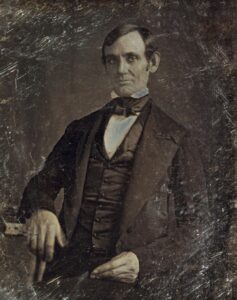
Lincoln is now remembered almost universally fondly, but as is true of all heroes, his reputation at the time was one of turbulence and controversy. There are a lot of questions about what Lincoln’s true beliefs about slavery and race were, but White (wisely, I think) makes no judgement and very little thesis about that part of Lincoln’s life – instead, he let’s Lincoln speak for himself, liberally quoting important passages of the president’s notes and speeches.
White gives us a very detailed portrait of a truly great man. Lincoln’s inner workings and his quest for righteousness are incredible, and many of his writings stand the test of time even without being attached to a man who left such a deep mark on history. White gives us a look at how Lincoln approached problems, how he learned, and the wry, acerbic humor that helped to make him the singular figure he was. He shows us a Lincoln who was a compromiser at heart and a lawyer in temperament, a towering man with an odd appearance but a deep and complex mind. All of this White gives us, while showing us a figure bravely forging forward through a period of history that he would come to define.
What, in the end, would make Lincoln an incredible president and administrator was his exceptional ability to press forward in the face of nearly overwhelming obstacles. His predecessors dithered for most of two decades, making constitutional arguments for their indecision and generally exacerbating the problem. White teaches us that Lincoln was both the culmination of that struggle and the antithesis to it. Lincoln respected his adversaries, was rarely a man to spit venom, and considered the problems that faced him with both an underlying intention toward righteousness and an understanding of practicality.
Many of the most important parts of Lincoln’s life are well known, and his legacy as the president who won the Civil War, saved the Union, and freed the enslaved is hardly forgotten. Much of it remains relevant today, and is still a topic of both historical and political debate. But the Lincoln that most of us argue about or bring up over retreads of the Civil War is a monolith who has been removed from much of his humanity, almost a historical event rather than a person. White provides us with insight into the man, who despite everything attached to him 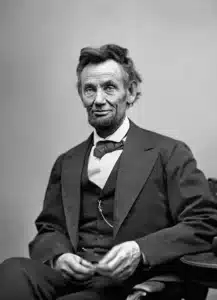 today was only human.
today was only human.
The best part of this book, though, is not the scholarship or the well-backed up insight, but the writing. This is possibly the most readable biography I have yet read, rivaling even Chernow’s Alexander Hamilton and Ellis’ American Sphinx. White writes this book with the practiced hand of a novelist, weaving Lincoln’s life and the history around him into a seamless tale of well-balanced drama and history. He made me love Lincoln not just as a president, and not just as the Great Emancipator, but as a man like myself and all the rest of us. There is perhaps no greater praise I could offer to a biographer.


